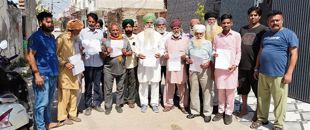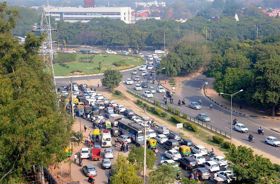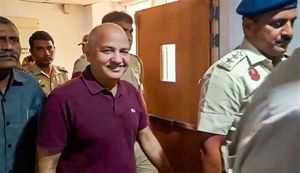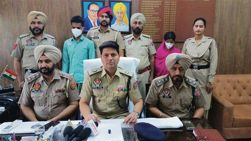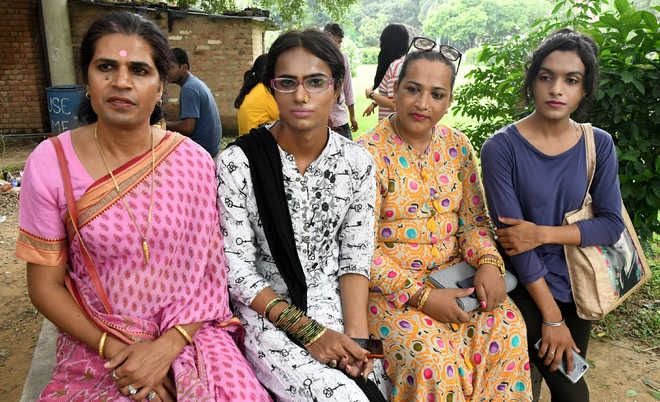
Trangender students at Panjab University in Chandigarh. File photo
Amarjot Kaur
Tribune news Service
Chandigarh, December 19
On Monday, the Lok Sabha passed the Transgender Persons (Protection of Rights) Bill-2018 after carrying out 27 amendments (out of 55 recommendations made by the standing committee to modify the Bill) moved by the Union Minister for Social Justice and Empowerment. While city-based transgenders rue over the toothless Bill that fails to address their key concerns, they are comforted by the hope of getting fee exemption at Panjab University (PU) in subsequent Senate meetings.
Besides, not much has worked in their favour at the UT Transgender Welfare Board, constituted to ensure that the community gets equal rights.
In fact, it has been over a year since the board had a meeting with members of the community. Transgender activist Kajal Mangalmukhi says, “As far as the identity is concerned, the board helped us with the title of Mx. We had only one meeting with its members; it’s been 18 months. Our demand for free health care, pertaining to sex reassignment surgery and free-of-cost education, has fallen on deaf ears. All we got was an assurance of another meeting, which never came to pass.”
The first transgender student at Panjab University, Dhananjay Chauhan, 48, who runs Mangalmukhi Transgender Welfare Society and Saksham Trust for the rights of transgenders, adds, “We were promised shelter homes and separate public toilets across Chandigarh too.” Dhananjay, who is pursuing PhD at the Centre for Human Rights and Duties, and Kajal are also non-official members of the board.
On Wednesday, a meeting of the committee, constituted by the Vice-Chancellor to frame guidelines for providing full fee concession to transgender students, was conducted at the PU. “A few members of the committee were absent, so the issue of fee concession will be decided in the subsequent meetings, I hope. We got a nod from the Assistant Registrar,” says committee member Dhananjay.
For now, one of the major problems faced by the five transgender students at the university is that of accommodation. “We live in deras, where it is impossible to study. We have been paying our bills by whatever little we make with badhais. The new Bill fails to provide us with basic rights, like the right to education, employment and equality,” says Oshin Sarkar, who studies at the Department-cum-Centre for Women’s Studies and Development in the PU.
A final-year student of BSc at the UIFT, Vishipreet, shares, “We need additional seats, reservation in employment and education; that’s where the Bill fails. Last year, and this year too, I couldn’t pay my education fee at the university and was not issued a roll number initially. It was issued after repeated attempts. We should be allowed the basic right to take loans. We don’t have a salary certificate or any income source to show in the bank. Neither the board, nor the Bill works in our favour.”
Ruchi Singh, Director, Social Welfare Board, under which the Transgender Welfare Board functions, states, “We will address all matters, including exemption of fee, soon.”
Loopholes in legislation
Introduced in August 2016, the Transgender Persons (Protection of Rights) Bill-2018 was widely criticised for imposing medical screening for gender recognition and used regressive expressions, like “neither wholly male nor wholly female”, to define transgenders.
Aditya Bondyopadhyay, a gay rights activist and lawyer, said, “The definition of transgender here is highly problematic. Self-determination is spoken of, yet a transperson has to go through a screening committee to get recognition and documentation.
A transperson wanting to be recognised as the opposite gender to the gender, in which he or she was born, will invariably have to go through a sex reassignment surgery and a second screening before this can be done. This is in complete contravention of the provision of self-determination as was given in the NALSA judgement. The Bill does not give transgenders a right to form partnerships or marriage. The Bill takes away the right to reservation under OBC quota that was given by the NALSA judgement. The Bill does not make any provision for sexual offences and sexual assault against transpersons.





















